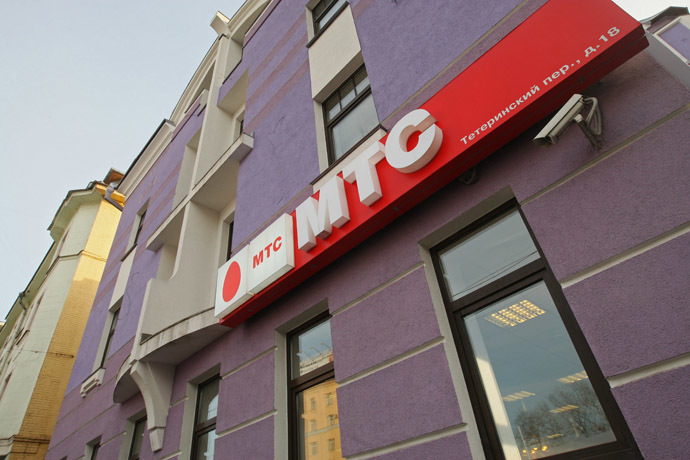Skype allowed to operate in Russia without a license

Russian government's telecom watchdog agency has given Skype the green light to continue operating in Russia without a license, after rejecting an appeal from mobile operator MTS.
Mobile operators in Russia have complained about Skype’s presence
in the Russian market, as it cuts traditional carrier revenue and
eats up bandwidth.
Roskomnadzor, Russia’s federal communication agency has deemed it
‘impossible’ to supervise Skype’s activities under Russian law
since the company is registered in Luxembourg, and cannot mandate
it comply with Russian licensing laws, Vedomosti reported.
The Deputy Head of Roskomnadzor Olge Ivanov explained the
decision in a letter written to Russian’s telecom giant MTS
(Mobile TeleSystems) that there isn’t a ‘legal basis’ for Skype
within Russian territory, as the law can only cover service
providers in the Russian Federation.
Setting up an affiliate or representative office in Russia
wouldn’t help Skype circumvent the law, because according to
Ivanov, it still wouldn’t be able to siphon legislation
from the federal agency, because it is absent from the
commission’s 2005 approved list of communication services.
Skype is a ‘parasite’
Russian internet providers complain Skype is a ‘parasite’ to the
telecom industry because it ‘eats up bandwidth’ without paying
service providers.
Valery Ermakov, first deputy general director of MegaFon
delivered these poignant words in 2009 at a meeting with the
federal telecoms regulator, which stoked fear Skype may be
crowded out of Russia by state telecoms companies.
Russia is home to Europe’s largest telecoms market in Europe and
is still heavily dominated by the voice services market. However,
broadband service expansion has been a large contributing factor
to mobile operator investment, and banning Skype would deter
further investment.
MTS, the country’s largest mobile-phone company, saw data traffic
triple in the past year and as the market rapidly expands. Not
all the traffic is MTS users, only 31 percent.

Advanced Communications & Media Consulting conducted a survey
in 2013 which showed that about 18 percent of Russian mobile
subscribers use Skype.
MegaFon reported a total of 130,000 LTE subscriptions at the end
of 2012, following its merger with Yota, and by the end of 2013
hopes to hit 1 million subscribers.
On this disparity, MTS Vice President Ruslan Ibragimov sent a
letter to Roskomnadzor to bring attention to the matter, and
discuss how to improve signal strength delivery.
Russian telecom companies argue Skype has invested next to
nothing in the telecoms infrastructure, but runs and profits off
the foundation their companies built.
Traditional operators are losing revenue to competition from
Skype’s free audio and video services, especially in competition
with long-distance and international calls.
Middle ground could be reached by Skype and internet service
providers if Skype would agree to subsidize construction and
operation projects in Russia, MTS believes.
Personal Data
Western internet companies and the Russian government also
diverge on the principles of personal data protection. The
Kremlin will soon be checking up on all western companies to see
if they are operating in line with Russian law, the head of the
Federation Commission Ruslan Gattarov, told reporters on
Wednesday.
The committee will check the user agreements of Western internet
companies. “We will begin with Twitter, then Facebook, and
Yahoo,” said Gattarov.
Gattorov has long been a proponent of a single system controlling
all web resources in Russia, because it helps the government
catch hackers, cyber terrorists, and dissidents.
Leading internet search engine Google has refused to agree to
Roskomandzor’s requirements to hand over personal information on
Russian citizens.
Since November, the Russian telecoms watchdog has had the power
to block websites or providers with unsuitable content- whether
illegal, vulgar, or not appropriate for children. 180 sites have
been blocked within the territory.














